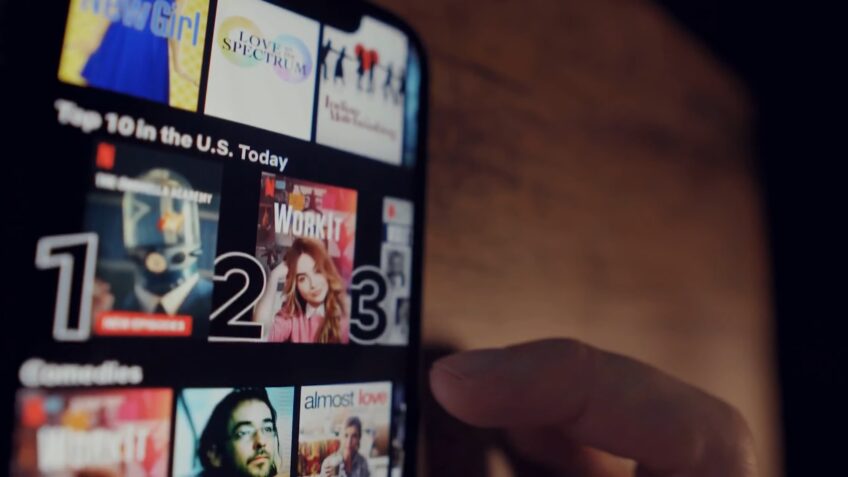The world’s leading streaming service often faces access restrictions in such environments, as well as in regions with strict censorship laws. This limitation not only curtails entertainment options but also hinders the ability to explore diverse content from different parts of the globe.
However, there are reliable solutions to bypass these barriers. Virtual Private Networks (VPNs) and other tools like Smart DNS, Tor Browser, and proxy servers offer effective ways to overcome these restrictions. All of these options can be the right solution, and I will explain you how to use them in the following sections.
Key Takeaways
- Virtual Private Networks (VPNs) are the most effective and reliable method for accessing geo-restricted streaming content like Netflix, especially in environments with strict access controls.
- Other options like Smart DNS, Tor Browser, and proxy servers can also bypass restrictions, each with its own balance of speed, privacy, and ease of use.
- Using a VPN to access Netflix is not illegal, but it does violate Netflix’s terms of service, with the primary consequence being potential access restrictions by Netflix.
What is the Easiest Way to Unblock Netflix?
Gaining access to your favorite shows and movies on the world’s leading streaming service from restricted networks like schools or workplaces involves certain strategies. The primary goal is to disguise your internet location to bypass geo-restrictions and network blocks.
Use a VPN: The Most Reliable Method
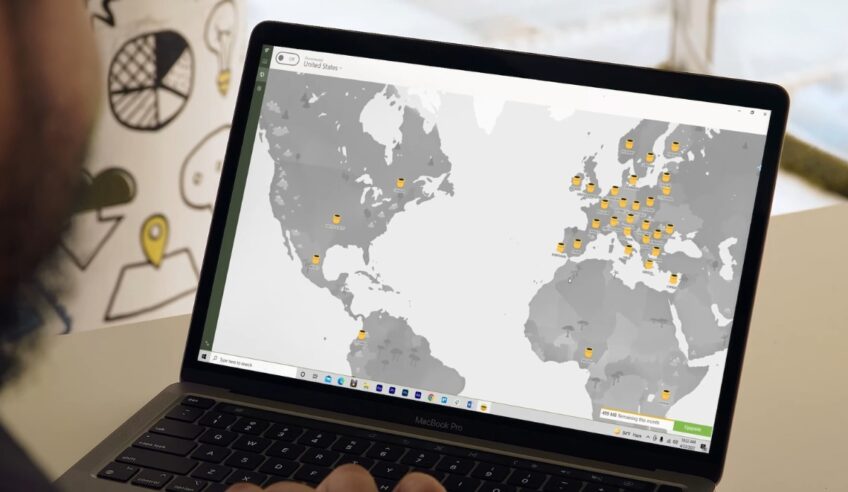
A Virtual Private Network (VPN) is the most effective tool for unblocking streaming services. It works by routing your internet connection through a server in a location of your choice, masking your actual IP address. This makes it appear as if you’re accessing the internet from a different location, thereby bypassing any geo-restrictions or network blocks.
Instructions
- Select a VPN Service: Choose a reputable VPN provider like ExpressVPN, NordVPN, or Hotspot Shield. Look for features like a large server network, strong security protocols, and fast streaming speeds.
- Download and Install: After selecting, download and install the VPN application on your device.
- Connect to a Server: Open the VPN app and connect to a server in a location where the streaming service is accessible.
- Access the Streaming Service: Once connected, open the streaming platform, and you should have access to the content library of the selected country.
Smart DNS
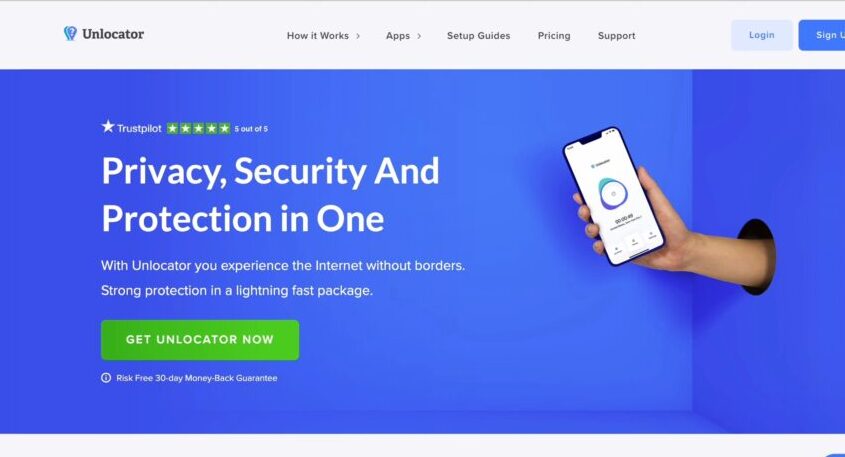
Smart DNS is another method to unblock streaming services, ideal for those who prioritize speed over security. Unlike a VPN, Smart DNS doesn’t encrypt your data, which means faster streaming speeds but less privacy.
Instructions
- Subscribe to a Smart DNS Service: Services like Unlocator or Overplay offer dedicated Smart DNS options.
- Configure Your Device: Follow the provider’s instructions to change the DNS settings on your device.
- Restart and Access: Restart your device and navigate to the streaming service. You should now be able to access content from different regions.
Tor Browser
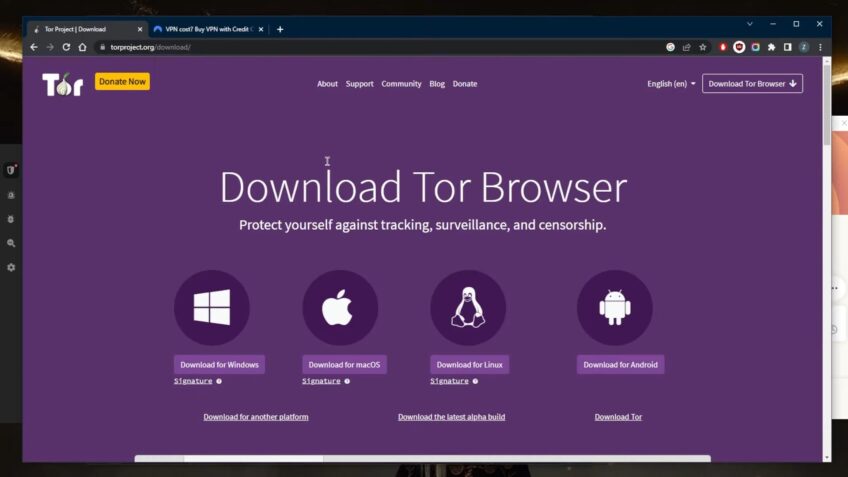
The Tor Browser can also be used to access restricted services, offering high levels of privacy and anonymity. However, its complex network of relays often results in slower streaming speeds.
Instructions
- Download Tor Browser: Download and install the Tor Browser from its official website.
- Connect and Navigate: Open the browser, connect to the Tor network, and navigate to the streaming site. The slow speeds might not be ideal for streaming high-quality content.
Proxy Servers
Proxy servers function similarly to VPNs but without the same level of security encryption. They can unblock streaming services but are generally less reliable and secure.
Instructions
- Choose a Proxy Service: Select a proxy service and note down the server address and port number.
- Configure Proxy Settings: In your device’s network settings, enter the proxy server details.
- Access the Streaming Platform: With the proxy settings configured, attempt to access the streaming service.
What is the Best VPN?
When it comes to choosing the best VPN for unblocking streaming services, several factors need to be considered, such as server network size, connection speed, security features, and user privacy.
ExpressVPN: Fast and User-Friendly
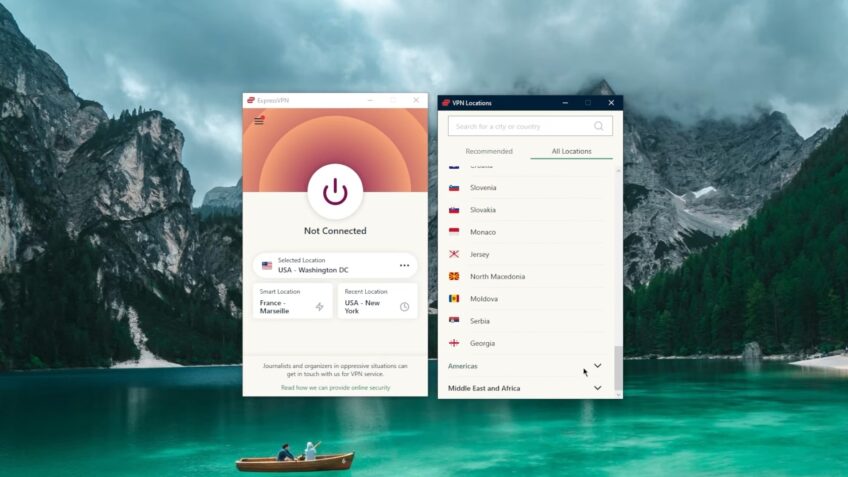
- Speed: Known for its exceptional speed, ideal for streaming high-definition content without buffering.
- Server Network: Offers a vast network of servers in 94 countries, providing a wide range of options for unblocking content.
- Security: Utilizes advanced encryption and offers a strict no-logs policy, ensuring your online activities remain private.
- Ease of Use: Features a user-friendly interface suitable for both beginners and advanced users.
NordVPN: Strong Security Features
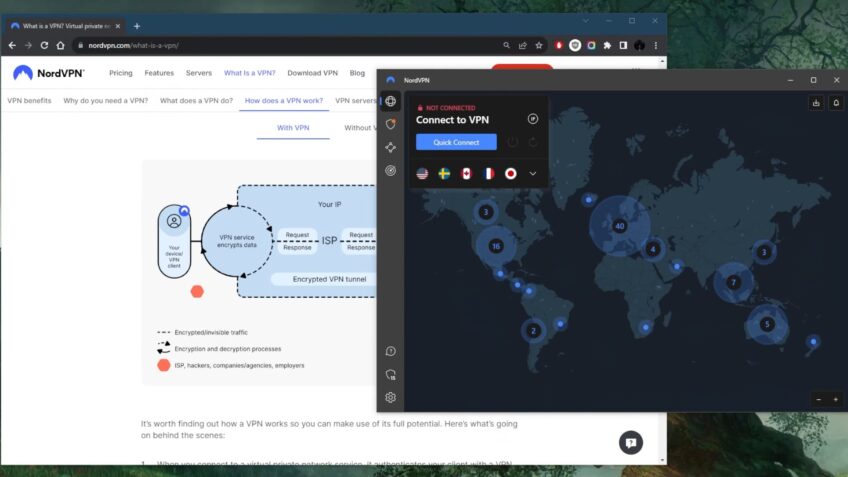
- Server Network: Has over 5,000 servers worldwide, making it easy to find a fast and reliable connection.
- Security: Offers double VPN and Onion over VPN for extra security layers. Also includes a strict no-logs policy.
- Streaming Optimization: Specializes in unblocking a variety of streaming services with consistent performance.
- Additional Features: Provides CyberSec, an advanced feature that blocks ads and potential threats.
Hotspot Shield: Unique Technology
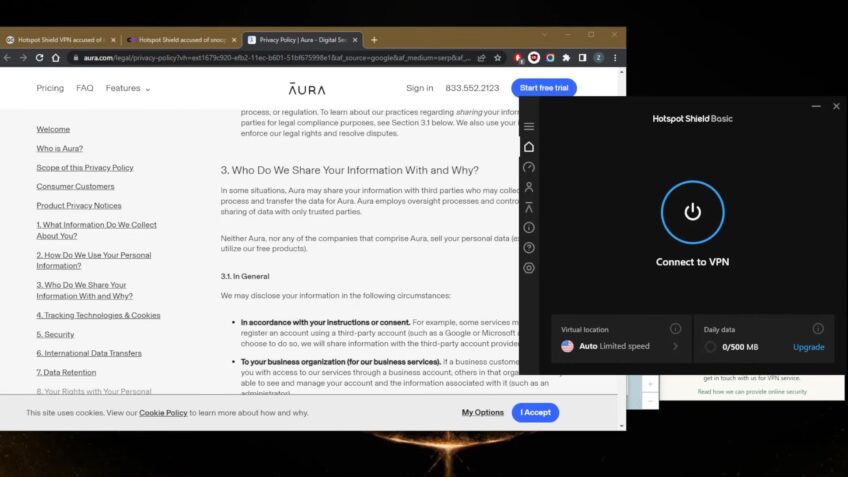
- Speed: Recognized for its Hydra protocol, ensuring fast and stable connections.
- Server Network: Has servers in more than 80 countries, facilitating access to a global content library.
- Security: Provides military-grade encryption and a no-logs policy to protect your data and privacy.
- Streaming Performance: Optimized for streaming, offering high-quality viewing without lag.
Surfshark: Unlimited Device Connections
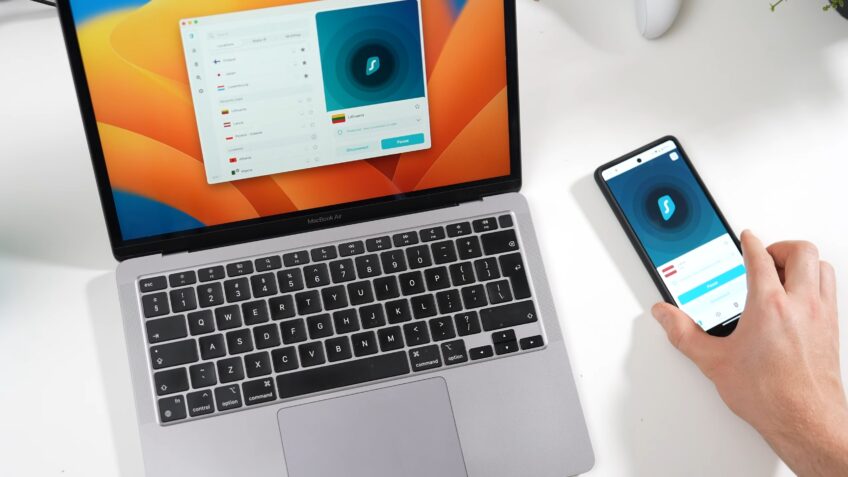
- Unique Feature: Allows unlimited simultaneous device connections, a rare offering in the VPN market.
- Server Network: A growing network with 3,200+ servers in 65 countries.
- Security: Offers MultiHop (Double VPN) for an additional layer of privacy and security.
- Cost-Effective: Provides excellent features at a more affordable price compared to others.
CyberGhost: Perfect for Streaming
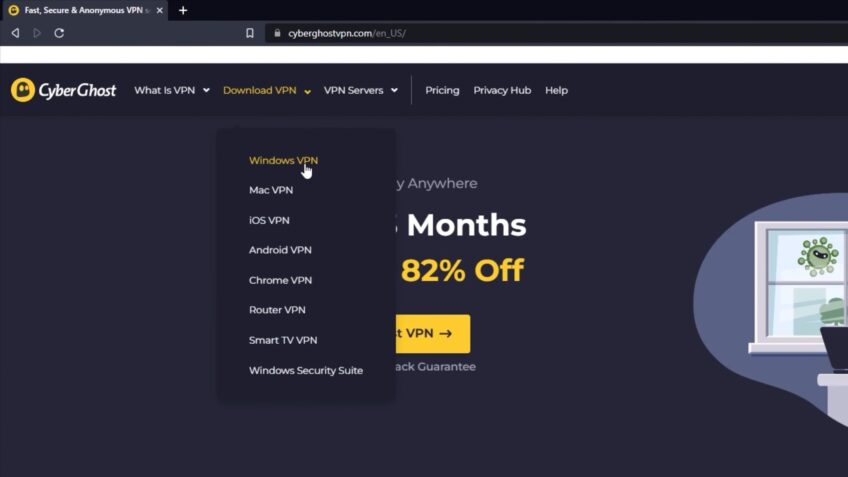
- Streaming Optimized: Offers servers optimized specifically for streaming, enhancing the unblocking experience.
- Server Network: Boasts over 7,000 servers in 90 countries.
- User-Friendly: Provides easy-to-use applications with dedicated profiles for different activities, including streaming.
- Security: Ensures robust security with AES 256-bit encryption and a strict no-logs policy.
PrivateVPN: High Privacy Standards
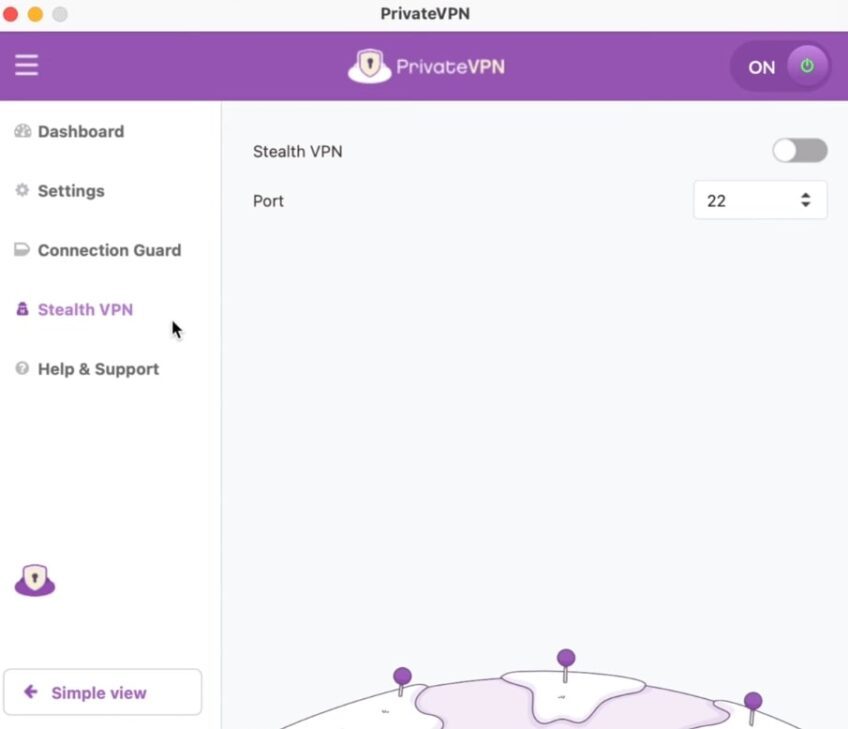
- Security: Known for high privacy standards with IPv6 leak protection and a zero data logging policy.
- Performance: Provides reliable and fast connections suitable for streaming.
- Server Ownership: Owns all of its servers, enhancing security and reliability.
- Ease of Use: Simple and intuitive interface, making it user-friendly for beginners.
| VPN Service | Speed | Pricing (2-year plan per month) | Server Locations | Simultaneous Connections | Unique Features |
|---|---|---|---|---|---|
| NordVPN | Very Fast | $3.29 | 60+ countries | 6 devices | Double VPN, Obfuscated servers |
| ExpressVPN | Extremely Fast | $8.32 | 94 countries | 5 devices | Split-tunneling, TrustedServer technology |
| Surfshark | Fast | $2.21 | 65 countries | Unlimited devices | Whitelister, MultiHop |
| CyberGhost | Average | $2.25 | 90+ countries | 7 devices | Dedicated streaming servers |
| Windscribe | Average | $2.19 | 60 countries | 10 devices | Free tier, P2P support, and no-logs policy |
Is It Legal To Use VPN to Unblock Netflix?
Using a VPN to unblock and access Netflix’s international content is not considered illegal. It’s a common misconception that this practice is akin to piracy, but it’s quite distinct from illegal activities like torrenting copyrighted material.
Therefore, using a VPN in this context does not lead to any form of criminal or civil lawsuit globally. However, it’s important to note that while it’s not illegal, it technically violates Netflix’s terms of service.
According to Netflix’s Terms of Use, you are supposed to view content primarily within the country where your account is established and only in locations where Netflix is available and has licensed such content.
Additionally, the terms state that users should not circumvent content protections in the Netflix service. In theory, Netflix retains the right to cut access for such violations, but there’s no record of the company enforcing these rules in terms of terminating accounts.
“Did you know that despite the popularity of VPNs for accessing region-restricted content like Netflix, the actual concept of a VPN (Virtual Private Network) wasn’t originally designed for streaming or bypassing geo-restrictions? VPN technology was initially developed in 1996 by a Microsoft employee to create a secure and private network connection for the corporate environment. It was meant to ensure that remote workers could securely access their company’s internal networks. The adaptation of VPNs for entertainment purposes, like streaming different Netflix libraries, is a creative twist on its original intent as a security tool!”
If Netflix detects the use of a VPN, the most common consequence is the display of a streaming error message, and the content will not play. However, disconnecting the VPN typically resolves this issue, restoring access to your regular Netflix library.
Netflix employs measures to detect and block VPNs, such as maintaining a blocklist of IP addresses known to belong to VPN providers. If your VPN’s IP address is on this list, you’ll likely encounter the streaming error. Some VPNs continually update their IP addresses to evade Netflix’s detection efforts.
FAQs
Which VPN is best for Netflix?
The best VPN for Netflix depends on your needs and preferences, but some of the factors you may want to consider are speed, security, server locations, and streaming features. The top VPNs for Netflix are ExpressVPN, NordVPN, Surfshark, and ProtonVPN.
Can Netflix block your account?
No, Netflix will not block your account if it detects you using a VPN. However, it may block the IP address of the VPN server you are using, which will prevent you from accessing geo-restricted content. Netflix uses various methods to detect and block VPNs, such as cataloging known VPN IP addresses, monitoring multiple user connections, and checking for DNS server location mismatching.
What is the best free VPN?
The best free VPN is the one that offers unlimited data, strong privacy and security, and good performance. However, most free VPNs have some limitations, such as data caps, server restrictions, or ads. Some web search results suggest that some of the best free VPNs are ProtonVPN, TunnelBear, Bitdefender, and Hide.me.
Can Netflix ban your IP?
Yes, Netflix can ban your IP if it belongs to a VPN server that is used to bypass its geo-restrictions. Netflix has a list of blacklisted IP addresses that it blocks from accessing its content. If you use a VPN that changes your IP address frequently or has a large pool of servers, you may be able to avoid this ban.
Summary
Accessing Netflix at school or work can be challenging due to various restrictions, but there are effective methods to overcome these barriers. The use of Virtual Private Networks (VPNs) stands out as the most reliable method, providing the means to bypass geo-restrictions and network blocks.
Selecting the right VPN requires considering factors like server network size, speed, security features, and user privacy. You can use some of the solutions that I mentioned here to bypass the school firewall.
Disclaimer: The information provided in this article is for educational purposes only. It is intended to inform readers about various methods, including VPNs, for accessing streaming services like Netflix in different environments. This content should not be interpreted as encouragement or guidance to bypass network restrictions at schools, workplaces, or other environments where such actions may be against policy or law. Each individual is responsible for adhering to the rules and regulations set forth by their educational institution, employer, or service provider. Any decision to use the methods described is at the reader’s own risk and discretion.

